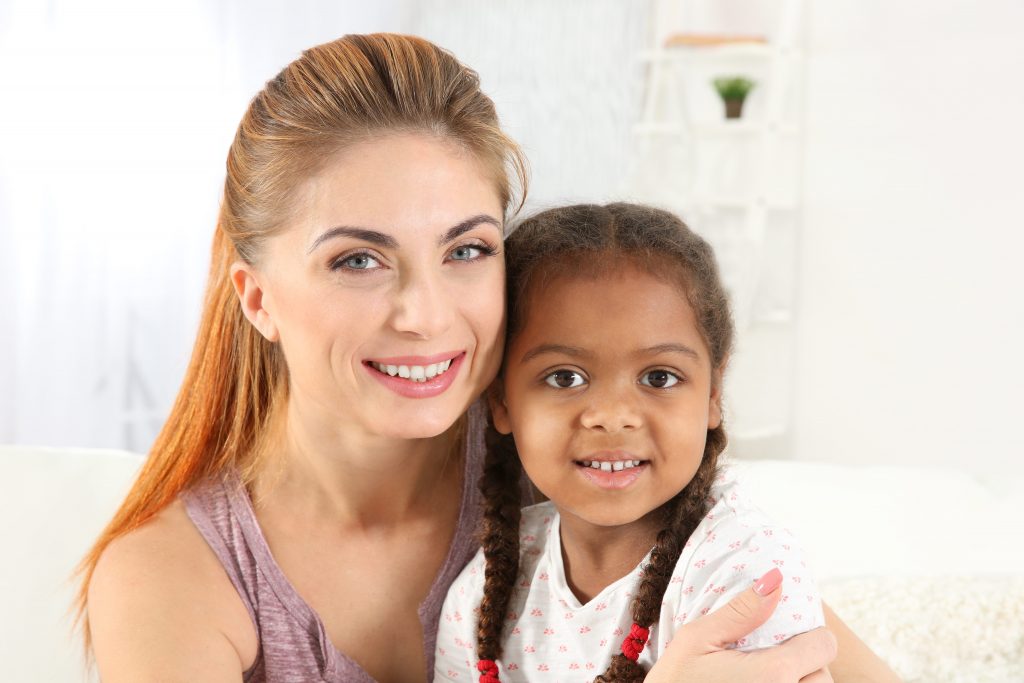
As a white mother raising a multiracial child, I can assure you, the racial experiences for my son and me are not the same—that is the first lesson I learned.
We are living in ever-changing times right now that have challenged us as adults and especially as parents. A spotlight has been cast on racism that is bringing to light a much-needed conversation.
In the school of life and parenting, you will learn many lessons. Navigating through a complex society, different values, and the ever-evolving world of social media is no small task for parents. Add racial differences on top of that, and you have a recipe for challenge—but also personal growth and rewards.
I can remember the first time I was asked, “What does it mean to be white?” Until you have really reflected upon race and your experience of race, it’s an awkward question that is usually met with “I’m not just white; I’m Irish American, or German, etc.”
But for many people of color—including children—they can often answer the question without hesitation, and often, their answers include a spectrum of feelings from pride, to confusion, to pain.
No matter your race or the race(s) of your child, here are some tips to keep in mind:
Look at life through the lens of your child: When you walk into his or her school, activities, and friends’ homes, what reflections do you see? Is your child always in the minority—or are you? What about when you go to public places? Can you expand to include more diversity?
Explore your own thoughts and experiences of race: Becoming a good advocate for your child also means doing some homework. Research and expose yourself and your child to diverse voices in history, current events, and popular culture.
Celebrate all parts of his/her identity: Include family, mentors, and community from all backgrounds.
Many people state, “I don’t see color; I just see the person.”
While I know this is well-intentioned, the reality is that the world does indeed see color. Both in historical and modern times, race has affected how one is treated.
Parenting a multiracial child means your eyes are now going to be opened. Your experiences growing up will not be your child’s. You will learn to become an advocate (as most parents do), and your advocacy will now involve conversations about race. Do NOT be colorblind. The world and your child are not. Learn as much as you can about racial justice and history from others’ point of view. Prepare yourself for the ride, and take in all the beautiful colors!
By Joyce McCauley-Benner, Editor

